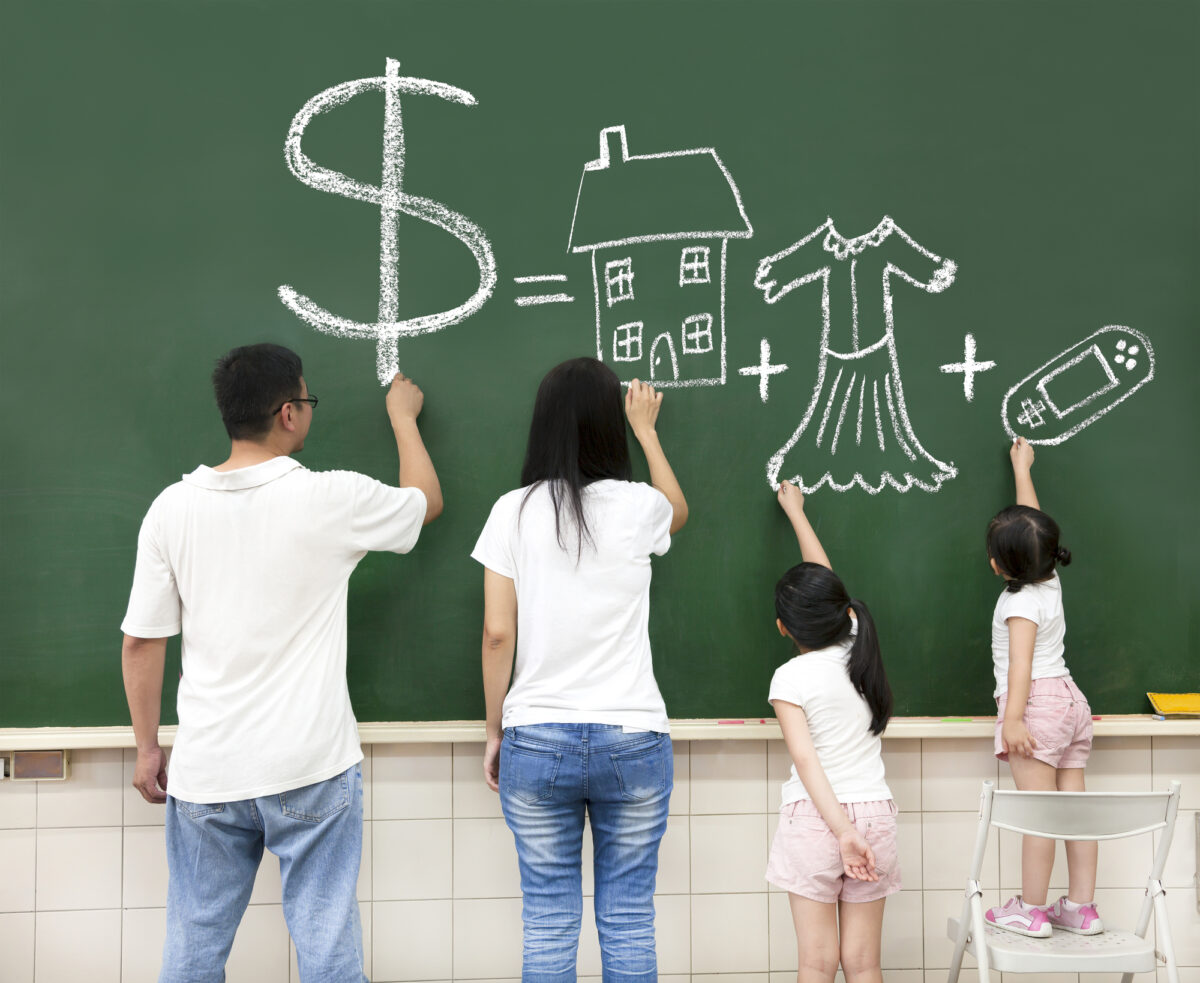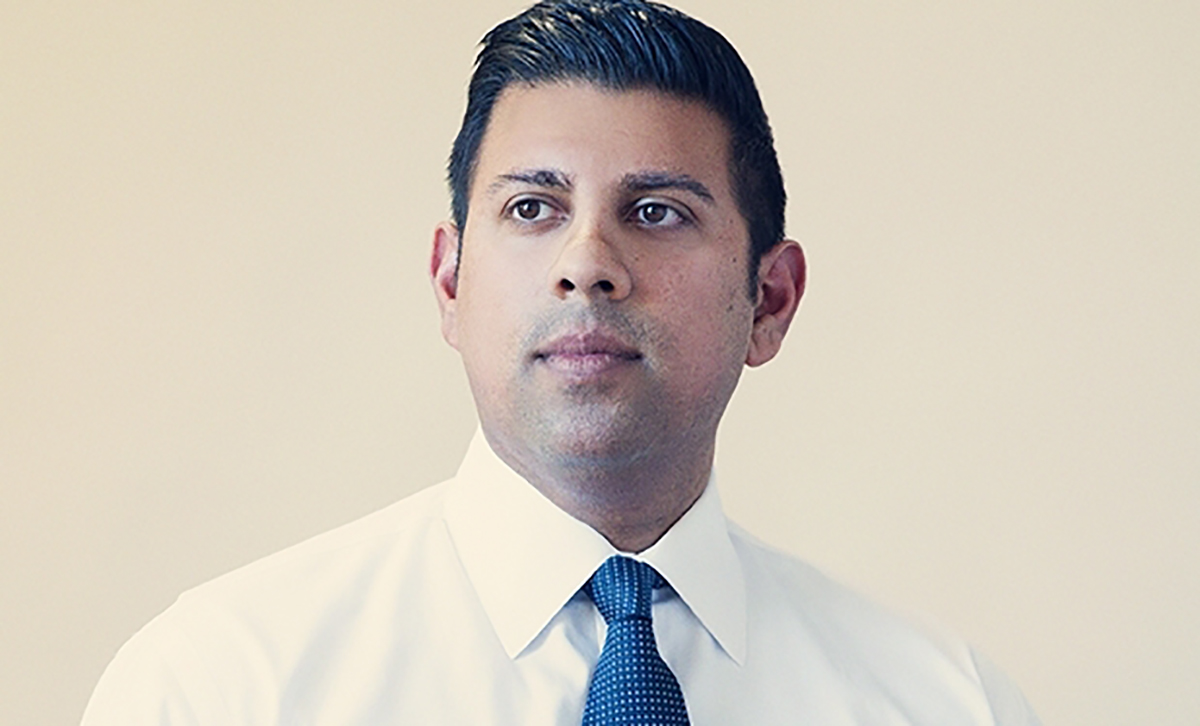By Guest Contributor: Sung Yeon Choimorrow, Executive Director, National Asian Pacific American Women’s Forum (NAPAWF)
Last year, on the campaign trail, our first Asian American vice presidential candidate spoke about her mom. She recalled how Shyamala Gopalan Harris — a proud, Indian-American immigrant and single mother — would “work around the clock,” “pack lunches before we woke up” and “pay bills after we went to bed.”
It’s a struggle Asian American and Pacific Islander (AAPI) mothers know too well: Can I get a good job? Can I afford to pay my bills before the cost of childcare eats everything up? Will my aging parents get the care they need? Will my kids have a better future than my own?
With Washington deep in negotiations on President Biden’s Build Back Better plan, AAPI mothers across America are asking themselves the same questions.
It’s a struggle Asian American and Pacific Islander (AAPI) mothers know too well: Can I get a good job? Can I afford to pay my bills before the cost of childcare eats everything up? Will my aging parents get the care they need? Will my kids have a better future than my own?
As a so-called “model minority,” it’s often assumed that massive investments in family support and health care aren’t relevant to Asian American communities.
But the reality is far different. A deeper look reveals that groups of AAPI women experience widespread poverty. Burmese women, for instance, make just $0.52 for every white man’s dollar. Many AAPI immigrants are also disproportionately impoverished, and must make impossible choices between caring for their families and keeping food on the table.
The average cost of raising a child is $233,610, with child care costs at roughly 13 percent of a family’s income. In AAPI families, where over half of AAPI mothers are breadwinners, that burden falls disproportionately on women.
The stakes are even higher for low-income families — low-income AAPI women born in the U.S. suffer acutely from Medicaid coverage gaps. Asian American immigrants, meanwhile, face even more obstacles. Those without status are ineligible for Medicaid or private insurance through the Affordable Care Act, while legal immigrants must wait five years before enrolling in Medicaid or the Children’s Health Insurance Program (CHIP) — forcing many to forego health care altogether.
The Build Back Better Act makes the difference between taking care of ourselves, or simply sacrificing for others; between just getting by and helping our children to thrive.
It starts by making care more affordable. The Build Back Better Act extends the recent expansions of the Child Tax Credit — increasing payments from $2,000 to $3,000 per child ages six or older, and to $3,600 per child younger than six. Families also benefit from drastically expanded child care options, including universal pre-K for all three- and four-year-olds.
The bill also supports millions of Asian Americans living in multigenerational households by easing the burdens of elderly care. The Build Back Better Act will lower the costs of caring for our aunties, uncles, and grandparents, by investing billions to deliver greater access to long-term, high-quality care under Medicaid. The plan also reduces health insurance premiums, lets Medicare negotiate drug prices, and adds dental, vision, and hearing coverage to existing Medicare plans. When more of us can trust that our elders are receiving high-quality care, we can avoid the gruesome cycle of working more hours and emptying our pockets just to pay for it.
Finally, the Build Back Better Act enhances health care for all AAPI women. It saves more lives by reducing maternal health disparities and expanding postpartum Medicaid coverage to over 1 million uninsured new mothers over ten years. And by expanding Medicaid coverage in states which have so far refused to do so, the bill closes the Medicaid coverage gap for millions of low-income, uninsured Americans. Improving health outcomes for women of reproductive age will enable more AAPI women to access high-quality, affordable health care when we need it most.
With a stronger infrastructure to care for our children, our elders, and ourselves, we improve our lives and the future of our families. But realizing this vision — so central to the American dream — starts on Capitol Hill. Congress must pass the Build Back Better Act with every provision for families’ financial support, education, and health care intact.
Those of us who care about the rights of AAPI women must also focus on fixing our immigration system — including a pathway to citizenship, and bills such as the HEAL for Immigrant Families Act to guarantee health care for all.
Only then will AAPI women — all AAPI women — achieve the equity, justice, and opportunities that we deserve.
Sung Yeon Choimorrow is executive director of the National Asian Pacific American Women’s Forum.
Learn more about Reappropriate’s guest writing program and submit your work here.



